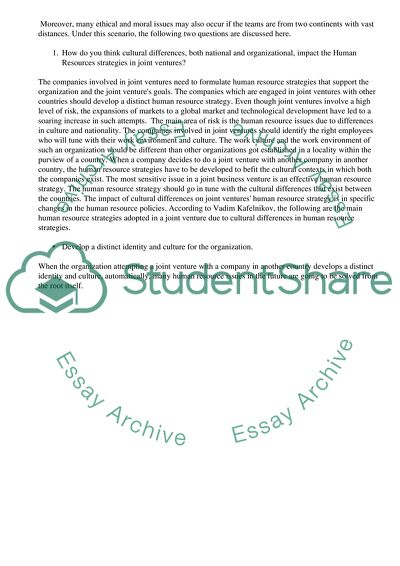Cite this document
(The Comparative Business Culture Essay Example | Topics and Well Written Essays - 1500 words, n.d.)
The Comparative Business Culture Essay Example | Topics and Well Written Essays - 1500 words. https://studentshare.org/business/1724258-comparative-business-culture
The Comparative Business Culture Essay Example | Topics and Well Written Essays - 1500 words. https://studentshare.org/business/1724258-comparative-business-culture
(The Comparative Business Culture Essay Example | Topics and Well Written Essays - 1500 Words)
The Comparative Business Culture Essay Example | Topics and Well Written Essays - 1500 Words. https://studentshare.org/business/1724258-comparative-business-culture.
The Comparative Business Culture Essay Example | Topics and Well Written Essays - 1500 Words. https://studentshare.org/business/1724258-comparative-business-culture.
“The Comparative Business Culture Essay Example | Topics and Well Written Essays - 1500 Words”. https://studentshare.org/business/1724258-comparative-business-culture.


